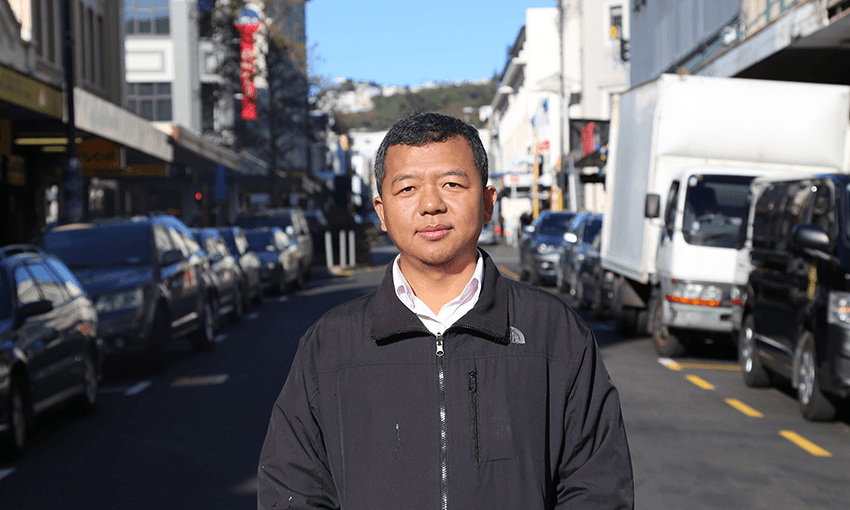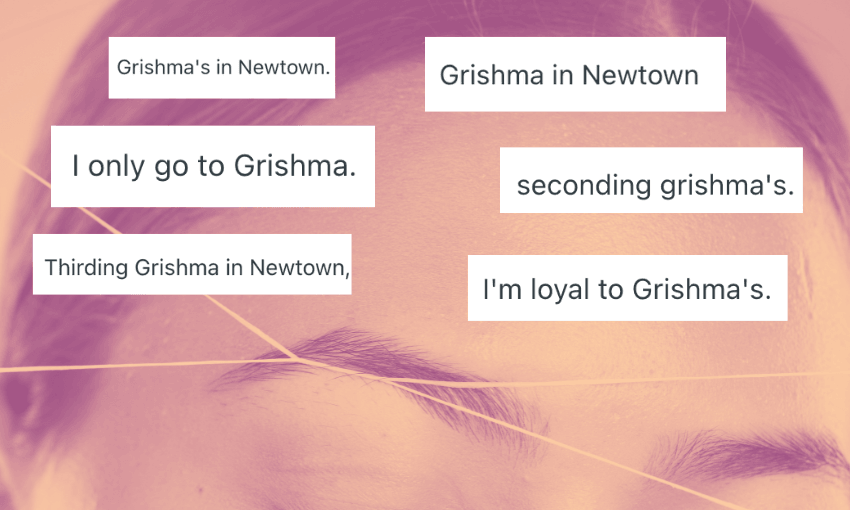It is going to be a long journey to rebuild communities where people feel safe after the Christchurch terror attack. But if we commit to working together, it’s possible, former refugee Dennis Maang writes on World Refugee Day.
Following the Christchurch terror attack, I’ve wondered how I will be able to regain the feeling of safety I found when I first arrived in New Zealand as a quota refugee from Myanmar.
The terror attack has been triggering for many former refugees in this country. As the the initial shock has sunk in, the impact of this senseless act continues to be felt widely and deeply across New Zealand. Many people are thinking about what it all means long-term.
The conversations about racism in New Zealand following March 15 have caused me to think about some of my own experiences – the not so good experiences – I have had with racism here. The uncomfortable conversations, the comments from strangers on the street. I have wondered what some people might really think of me being here.
I think most of us would agree that we want to build a country that is as safe as we’d like to believe, that gives nothing to racism, where children are safe from bullying and where everyone has opportunities to participate and contribute meaningfully.
But it will be a long process to rebuild communities where people feel safe and welcome again.
So what will it take?
I don’t have all the answers for how this can happen, but I do know it will take a whole-of-community approach. We must all work together.
Today is World Refugee Day. Within refugee communities, there are conflicting ideas on whether these kinds of days – or being a refugee – should be celebrated. I think today is an opportunity to recognise the strength, courage and perseverance of people from refugee backgrounds and acknowledge the contribution they make to our society. It should also be a day where we re-commit our efforts to come together as one.
I don’t like to talk about my refugee journey, but what I will say is that I am just an ordinary person who has faced an extraordinary circumstance. I am open, committed to humanitarian principles and egalitarianism, traits core to who we are as Kiwis and what we all value. I have my own fears, anxieties and hopes, like any other New Zealander. I want to work towards a better future for myself and my society.
When I arrived in Wellington in 2008, I was able to start a new life. I went to university, met my now-wife and started my career in social work.
Many people have not been as lucky as me. The latest figures from UNHCR show there are 25.4 million people registered globally as refugees, yet only five percent of global refugee resettlement needs were met last year. Over half of refugees are under the age of 18. We are now witnessing the highest levels of displacement on record.
I know from experience that once a person feels real fear, it never really goes away. But with time and positive experiences, fear can fade and be replaced with other emotions.
These positive experiences can come from simple everyday interactions with people from the host community. I can only speak for myself, but for me, one look, one smile, one ‘Hello’ from someone in my neighbourhood can go a long way to make me feel at home.
As individuals, we can do a lot to make positive change.
We must stand up to racism in all its forms, which includes challenging our own prejudices and those of our loved ones. The racism and hate that led to the Christchurch tragedy have no place in our society and we all have a role to play in eliminating it.
Whether we are former refugees or Kiwis who were born here, we all have preconceived ideas about those who have different cultural identities, faiths, ideologies and backgrounds than we do. This is unconscious bias, which describes situations where our background, personal experiences, social stereotypes and cultural context can impact our decisions and actions without us realising.
I see this unconscious bias as a barrier for us all to having good relationships and understanding each other. The longer this goes on, the more isolated different communities will become.
While it might be impossible to completely clear our unconscious biases, we must be aware of what they are and how they affect us. Everyday experiences and information in the media can be confusing and can lead us to feel unsettled and anxious – even to fear people who are different to us.
Before making a judgement, take a pause. Step back to a neutral position first.
We should try to approach everyone – even those with whom we disagree – with kindness and compassion. We must listen, be open to change and understand other people’s experiences.
We must now, more than ever, celebrate the inclusion of everyone who calls New Zealand home – wherever they are from, and whatever their ethnicity, religion, or culture.
It’s not about ‘them’ and ‘us’. It’s about us all. All of us as one.
Dennis Maang is New Zealand Red Cross’ National Settlement Adviser. He is a former refugee from Myanmar and arrived in Wellington in 2008.



